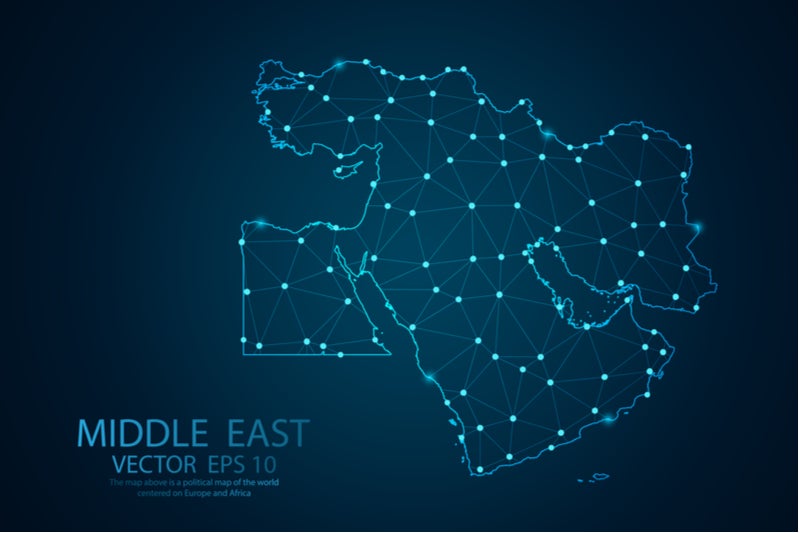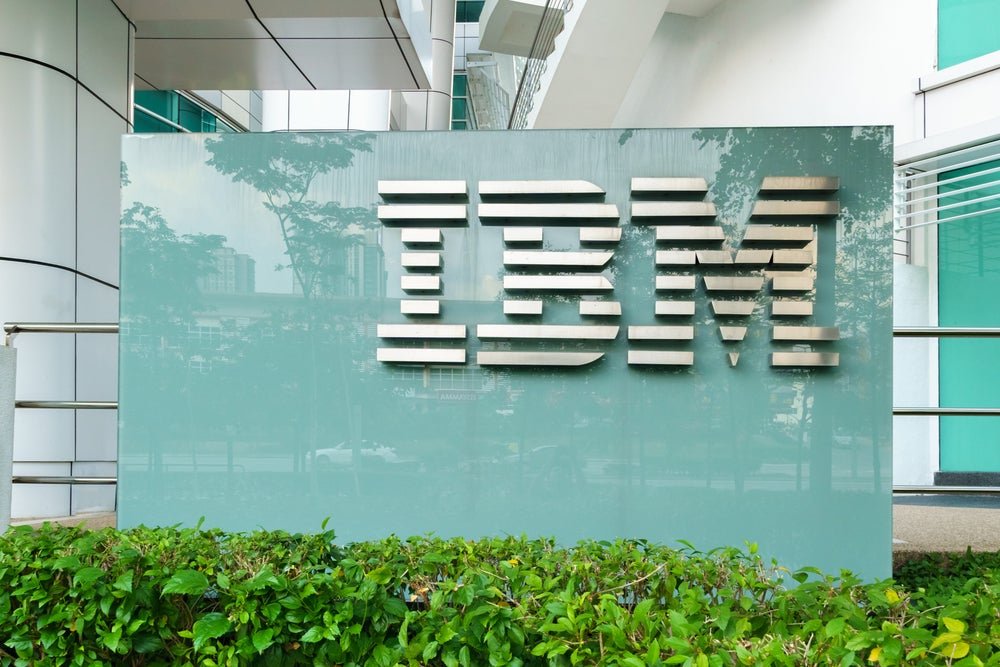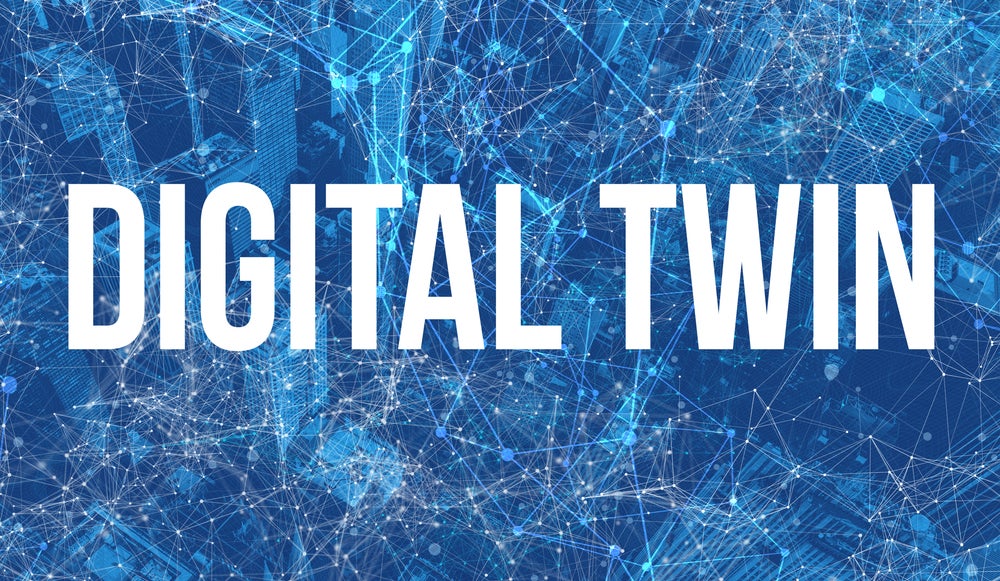Industrialisation has long been a central pillar of global economic development. Industrialised economies are strong, stable, resilient, highly skilled and globally competitive
It’s no surprise then, that Middle Eastern countries have set their sights on industrialisation as a crucial element of their economic diversification and growth strategies: the UAE and Jordan want manufacturing account for 25 and 27 per cent of their overall GDP, respectively, by 2025; Egypt is targeting a figure of 21 per cent by 2020, and Saudi Arabia has set up a National Industrial Development and Logistics Program in order to transform the kingdom into an industry leader.
Digital disruption and the Middle East
Industrialisation is therefore expected to play a key role in driving sustainable economic growth across the Middle East, and while it can be tempting to think of the Fourth Industrial Revolution (Industry 4.0) as a concept for traditional powerhouses of manufacturing – such as the USA, Germany or China – it is digital transformation which will underpin the region’s industrial targets.
Key regional industries such as oil and gas, refining and petrochemicals, water and wastewater, and food and beverage have great potential to embrace the digital transformation; but more than that, they will need it to be competitive.
Digitalisation and its goals
At Siemens, the overarching term that we use to refer to the digital transformation effort is ‘digital enterprise’, which represents the holistic approach of enabling every step in a manufacturing process to be reflected in the virtual world as a digital twin.
Such an approach empowers manufacturing companies to integrate and digitalise their business processes, starting at any point in the value chain from product design and production planning to simulation, execution and continuous production optimisation.
The goal is to use digitalisation to shorten the time to market, increase flexibility, improve quality and efficiency, to lower capital expenditure as well as operating expense costs, or, in other words, get the most out of every dollar of investment. In a real-world example, a digital solution developed by Siemens in 2016 for UAE-based pharmaceutical firm Julphar helped increase insulin output volumes and quality.
Data-led developments
All such digitalisation technologies are founded on the availability of data. As the digital enterprise further connects and integrates the manufacturing process, key players can collect data close to the production equipment with edge devices. Edge computing means intelligent applications can run on-site, shortening transfer paths and creating almost real-time data processing.
Operational data also remains protected in the local environment, requiring a cloud connection only to update the AI applications. This allows analysis and processing of raw data on the premises before the results are transformed into cloud platforms.
Siemens’ Amberg plant in Germany uses edge-run AI algorithms – supported by Siemens’ open, cloud-based, IoT operating system MindSphere – to tell from production data which circuit boards may have defects, reducing inspection needs. This has cut inspection costs by some 30 per cent.
To fully embrace the digital transformation, however, people and organisations need to trust that their digital technologies are safe and secure. It is therefore essential to the success of Industry 4.0 that digitalisation and cybersecurity evolve hand-in-hand.
For this reason, Siemens, along with a group of partners, has established the Charter of Trust for cybersecurity, which aims to establish general minimum standards for cybersecurity.
Collaborative approach
Moreover, however, it is important that we work together to drive the digital transformation and strive to use digital and industrial expertise collaboratively. Applying digital technologies like AI and edge computing to manufacturing and process industries requires a comprehensive understanding of specific sectors, making co-creation essential.
Globally, one of Siemens’ initiatives is to establish a network of MindSphere application centres – each focusing on a specific market vertical – to foster a worldwide innovation ecosystem. These can directly address specific customer challenges by providing consultation, digital tools and data/software engineering support to help co-develop tailored solutions with partners.
In the Middle East, these centres include an Abu Dhabi facility concentrating on digital solutions for the oil and gas, water and wastewater industries, a Dubai centre focusing on airports and logistics, and a Riyadh operation focusing on filling and packaging, and food and beverage.
The Middle East’s industrial sector has everything to gain from the digital transformation: economic diversity, job creation, skill development and sustainable growth. If we can work together, the region’s mix of industrial capability, thirst for innovation and fast pace of development means it has the potential to play a major role in Industry 4.0.








